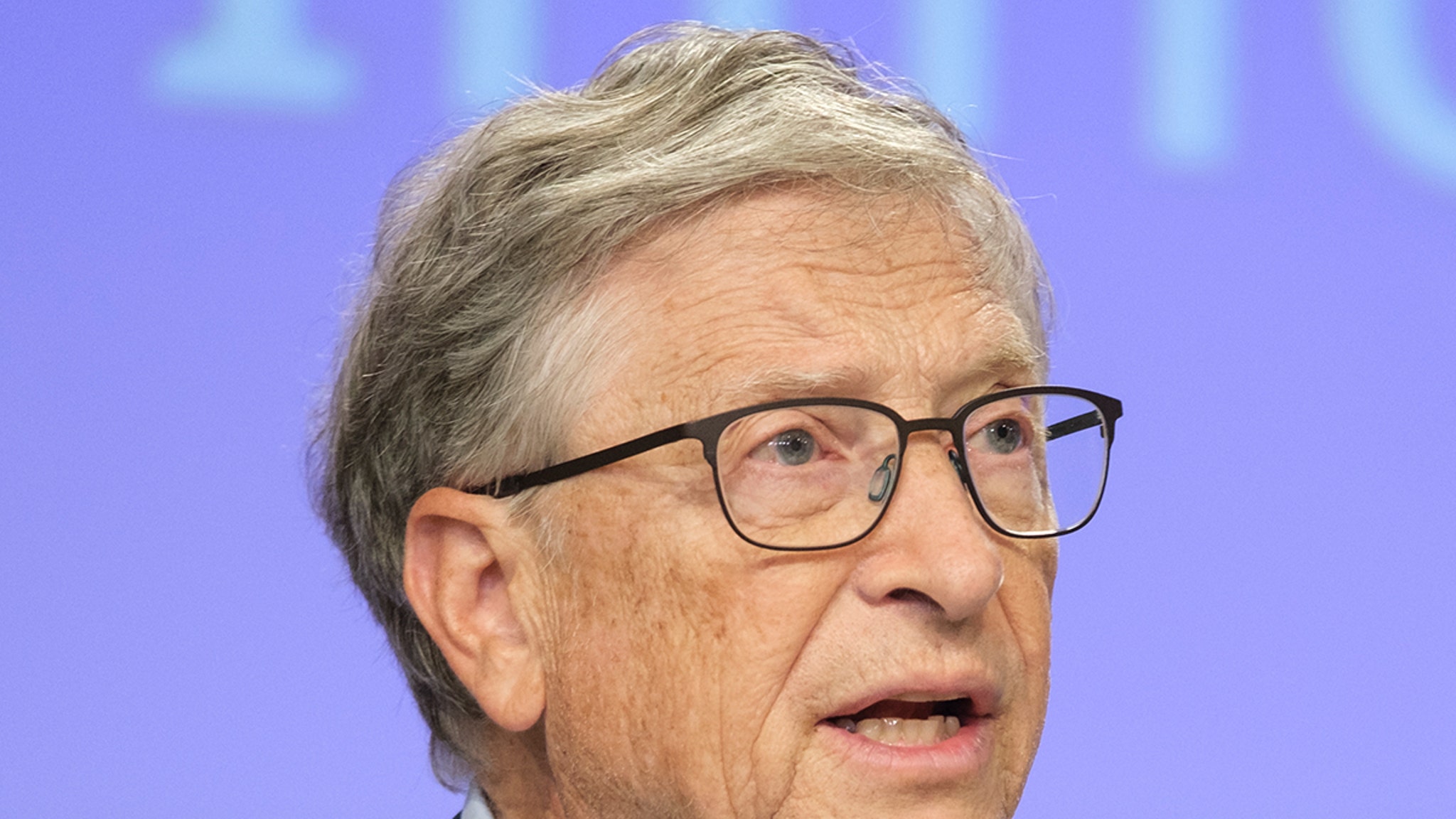Even a casual market watcher knows that 2024 on Wall Street was defined by a spectacular rise in tech stock valuations.
Tech also helped the entertainment sector overcome many of its challenges, dominating the list of the calendar year’s biggest percentage gainers. Reddit, Spotify and Netflix may not be in the “Magnificent 7” alongside Apple, Microsoft, Alphabet, Amazon, Nvidia, Meta and Tesla, but they provided some of the brightest rays of hope for media investors this year.
Netflix in particular climbed what Wall Streeter’s like to call “a wall of worry,” with its push into advertising and efforts to make customers pay to share passwords both bearing fruit. After stumbling badly in 2022, with subscriber declines and rivals ready to pounce, the streaming leader is ending the year on top of the game.
As far as the dominant media players, Comcast and Warner Bros. Discovery ended the year down 14% and 7%, respectively, punished for their problematic linear TV holdings. Comcast at least won praise for proactively announcing plans to spin off linear cable networks in 2025. WBD’s 7% drop for the year in some corners was celebrated as a partial victory given how cheap the stock was (seven bucks!) at one point. Even so, shares remain less than half the level where they started out after the merger of WarnerMedia and Discovery in 2022, ending the year’s final day of trading today at $10.57. Paramount Global, also confronting the linear conundrum and also its own merger saga with Skydance Media, slid 29% for the year.
Linear TV was a major theme for the year’s biggest losers in percentage terms. While the traditional TV business continues to throw off cash, it is shrinking and not growing, with both viewers and advertisers largely abandoning the medium except for live sports.
Disney, which navigated a thorny, multi-player proxy fight early in the year with Nelson Peltz the primary antagonist, ended 2024 up 23%. The company found a way to foreground its cost reductions, revitalized studio business and ever-steady theme parks as ways to ease investor worries about linear holdings. It has found a comparatively consistent level but remains well below the lofty one it reached in 2021, which was paradoxically also a period of corporate unrest with former CEO Bob Chapek at the helm. The waters have gradually calmed under his successor (and predecessor), Bob Iger, but 2025 is apt to bring renewed focus on the CEO role. Iger’s contract is up at the end of 2026 and the company says it will name the next leader by early in that year.
Disney’s upswing, owing in part to this year’s three billion-dollar movie blockbusters (Inside Out 2, Deadpool & Wolverine and Moana 2), was mirrored by a rise in the shares of exhibition or exhibition-adjacent companies. Cinemark, the No. 3 movie theater operator in the U.S., shot up 120%. Imax shares got nearly the same boost, powering up 70%, with the cinema equipment specialist signaling improvement in China and in its alternative revenue lines, which provided some stability to the hit-dependent movie business.
One of 2023’s biggest winners, the Endeavor-controlled TKO Group Holdings, had another stellar year. Its 74% rise in value isn’t surprising given the popularity of the UFC, which is on the verge of locking in a lucrative new media rights deal, and the WWE, which sold rights to Raw to Netflix in a milestone, multibillion-dollar deal. The rosy fortunes of TKO are all the more remarkable considering the fact that one of 2024’s earliest Wall Street tableaux saw Dwayne Johnson, Ari Emanuel and Vince McMahon gather to ring the opening bell at the New York Stock Exchange. Just days after that promotional appearance, McMahon exited the company’s board and started selling off his equity after disturbing allegations of sexual abuse and trafficking were made in a lawsuit by a former employee, drawing federal regulatory scrutiny.
Endeavor, for its part, is exiting the stage as a public company, with plans for private equity firm and longtime backer Silver Lake to take it private. Although the company’s shares moved sideways for the most part after its 2021 IPO, this year brought a bit more momentum, with the stock finishing up 32% for the year.







